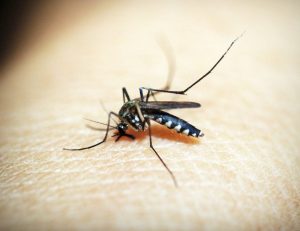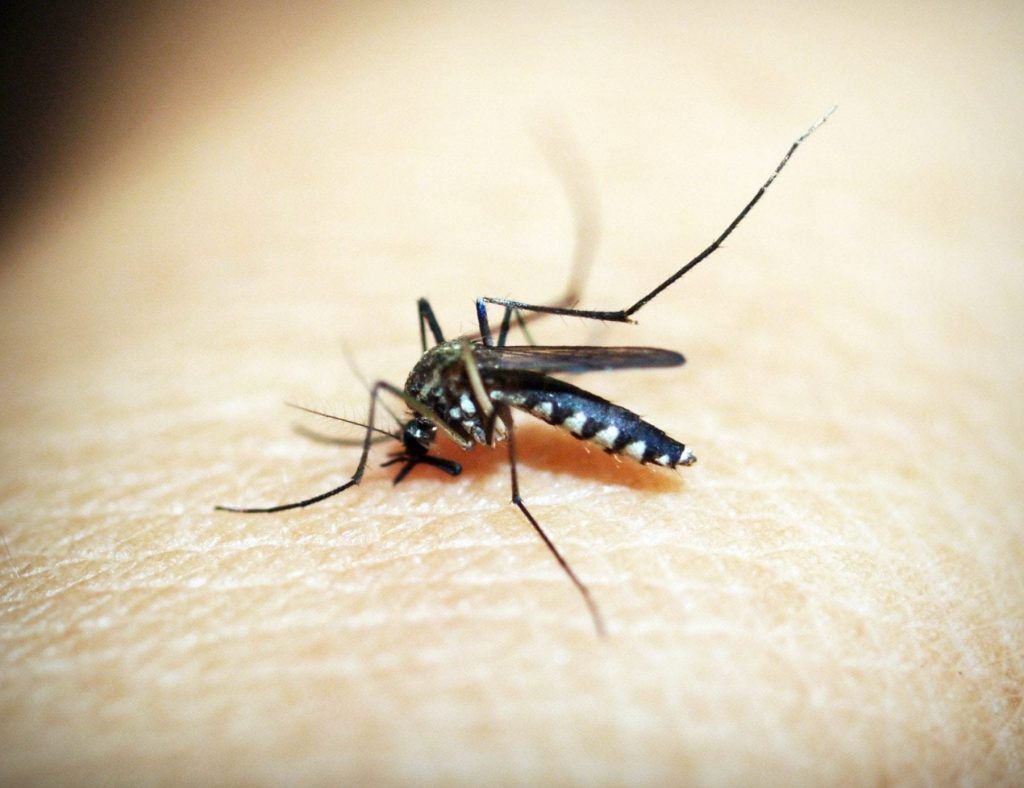Eliminating Malaria by Strengthening Health Programme Management in Southeast Asia and Southern Africa
Every year some half a million people die from malaria, a disease which exists in nearly 100 countries. Focus f or enhanced malaria programme performance is often placed on the technical challenges, while human and organizational factors are often overlooked. Research conducted by Peter Case, Professor of Organization Studies at the University of the West of England, Bristol, has focused on improving programme management and service delivery at the operational level of malaria healthcare.
or enhanced malaria programme performance is often placed on the technical challenges, while human and organizational factors are often overlooked. Research conducted by Peter Case, Professor of Organization Studies at the University of the West of England, Bristol, has focused on improving programme management and service delivery at the operational level of malaria healthcare.
Funded by the Bill and Melinda Gates Foundation and the US Navy Malaria Research Centre the research demonstrated how organisational systems in malaria zones can more effectively manage transitions from malaria control to elimination. The research has culminated in the Organization Development for Malaria Elimination tool that uses a new participatory approach for tackling malaria. The tool has been implemented in Vietnam, Zimbabwe, Eswatini and Namibia, leading to significant improvements in programme delivery, including data quality and communication, as well as fewer drug stock-out events. These programme delivery improvements have subsequently led to improved detection, testing and treatment of more than 3 million people with malaria in Zimbabwe alone. Additional benefits, such as capacity building of healthcare professionals and development of accredited training of National Malaria Control Programme staff, have also accrued, creating sustainable impacts in these regions.
Read more here.




